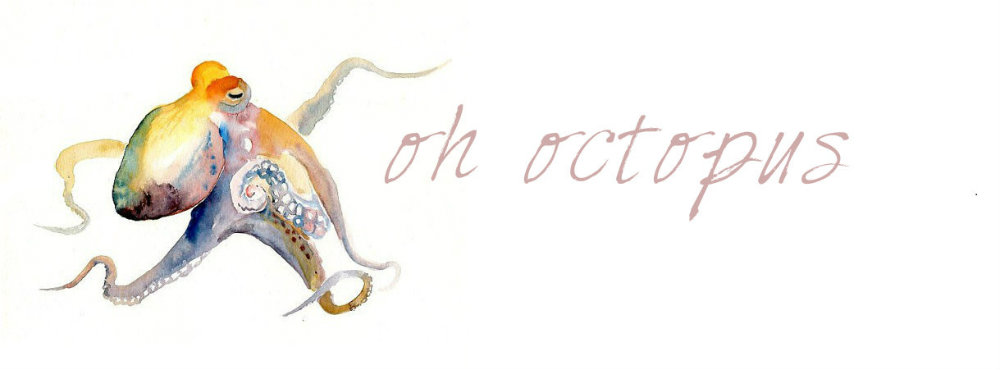Markus Zusak
How funny is it that the things we love the most are the ones we can't encapsulate in words? I think every language in the world has a term for lexical gaps between words and feelings. Nobody can avoid it though, it comes once in a while and that's exactly what I have for this book. Feelings--which one, I don't know. It was mostly a mixture of joy, sadness, hope, love, admiration etc etc. There are so many things I want to say about this book, about the characters of this book but I'm pretty sure I will not be able to articulate it very well. So, I've decided that I'm just going to be straight with everyone: I love it. Please, please, please read it. (But don't read it in the dark like I did because you are not dramatic like me. I wanted to read like Liesl did and so I read with my night light at 3 AM. It's very bad for your eyes and for your overall feeling throughout the day)
This is a lovely book and anybody who reads it is sure to love it. (Okay, that's a huge bias on my part but oh, how else can I sell this one special book?) I mean, I've been trying to write about for a whole month and I can't seem to get it right. It means so much to me in a big, big way and I am so afraid of messing it up for people who are yet to read it. It's a wonderful book about the power of words but it's also a book about love, death, and humanity. The plot is simple but very well-written, the sentences are so simple but powerful and many of them, the ones about relationships with people and life itself, are so spot-on, I wish I highlighted all of them. It has so many lessons, big and small and I'll be damned if I dissuade people from this book. I just love it so much and I hope one day, if you pick it up, you will too.
PS: My favorite part in the book is a little story called The Word Shaker. When I read it, I was just.. well, I was just.. can I just? Yes. Please. Read it.
"The BEST word shakers were the ones who understood the true power of words. They were the ones who could climb the highest. One such word shaker was a small, skinny girl. She was renowned as the best word shaker of her region because she knew how powerless a person could be WITHOUT words.
That's why she could climb higher than anyone else. She had desire. She was hungry for them."





